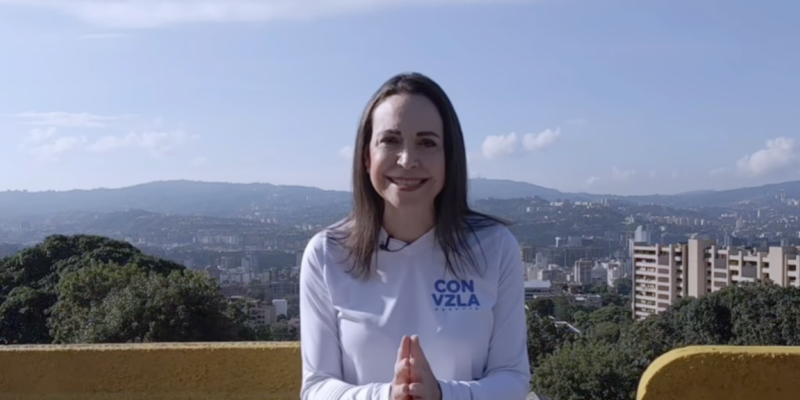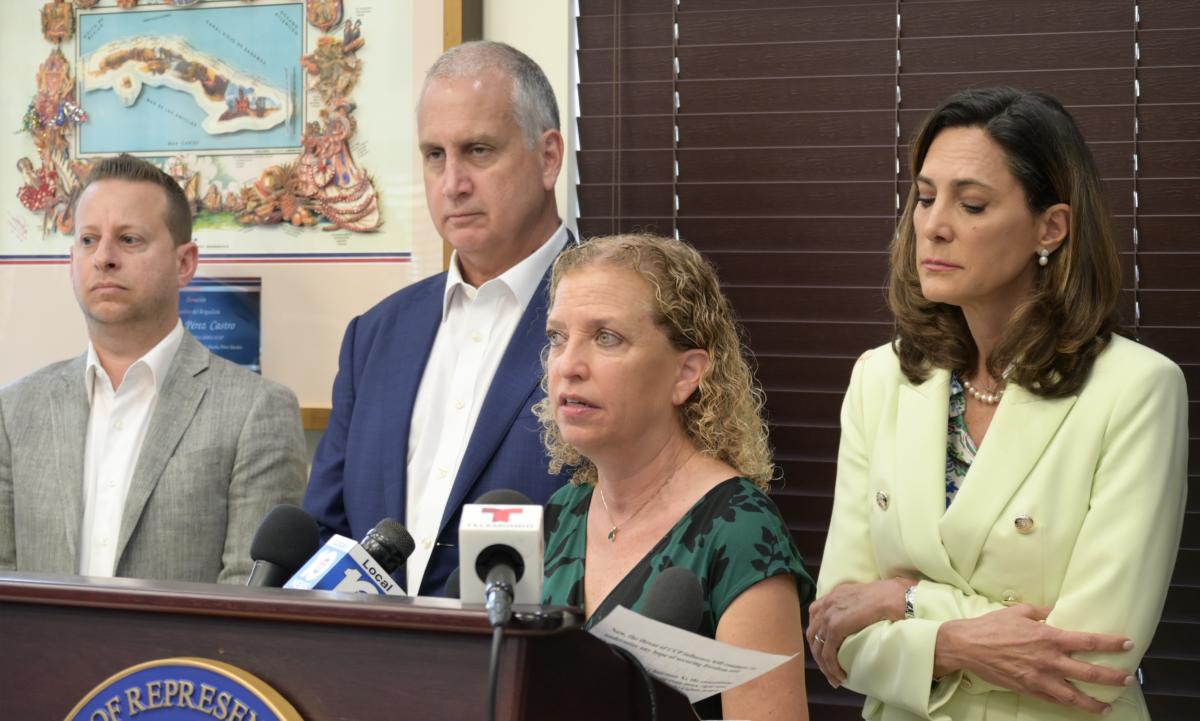Venezuelans seem to finally be optimistic about their country’s future, starting with the prospect of a general presidential election in 2024, where front-runner candidate Maria Corina Machado, who won Venezuela’s opposition primary election On October 22 by garnering a staggering 93% of the votes, would easily beat dictator Nicolas Maduro. That is if she’s given a chance.
A few days after her win, she was ‘invalidated’ from running by the Supreme Court in a highly criticized ruling.
A recent poll by Venezuelan firm Meganalisis found that Machado would win over Maduro with 70% of the votes. The same poll also found that at least 80% of respondents considered that socialism was bad and brought misery to the country.
There’s a lot of skepticism surrounding Machado’s ability to participate in the general election even if the elections themselves will be held. However, analysts and Latin American experts agree that all parties have a lot to win by complying with the so-called “Barbados agreement”, a series of commitments between the Venezuelan opposition and Maduro’s representatives, to hold “freer and fairer” presidential elections next year.
Rep. Mario Diaz-Balart recently praised Machado's leadership, saying that he was "In awe of her" because he felt "she is tough, smart, she’s hard-working and a she’s a true Venezuelan patriot."
The elections would allow any opposition leader to compete, implementing deep reforms to the often-criticized electoral system, allowing international observers to monitor the election, and freeing political prisoners.
In exchange, the Biden administration granted a six-month general license temporarily authorizing U.S. transactions in the oil and gas sector in Venezuela, and a second general license authorizing the operations of state-run Minerven, a previously sanctioned gold mining enterprise that had been trading in the black market
Machado’s “invalidation” has been denounced by some legislators, including Florida Republican Senators Marco Rubio and Rick Scott and representatives Maria Elvira Salazar and Carlos Gimenez. But even Machado herself has made it clear that, up until now, the Maduro government has not violated the Barbados agreement:
“The primaries cannot be nullified; the primaries took place. The Supreme Court can say whatever it wants but the fact is there and it’s irreversible,” adding, “so I don’t think that the [Barbados] agreement has been breached, not yet. I mean, forcefully preventing the primaries from taking place would have breached the agreement but that didn’t happen. So I think that the regime is straining the rope but it’s not yet broken,” Machado said in an interview to Spanish-language news portal Infobae.
Asked by TV station NTN24 if she thinks that the U.S. rushed into loosening economic sanctions, Machado said that “before judging results, we need to wait for the deadline,” referring to the Nov. 30th deadline set by the Biden administration for the Maduro regime to establish “a process for the rehabilitation of all the candidates, including María Corina Machado,” according to White House Latin America advisor Juan Gonzalez. “We have to see results showing that this first step has been successful,” he added. The Biden administration has taken “a fairly big step to send the signal of our commitment, but after November 30 if those expectations are not met, we will have to take steps to dismantle that sanctions relief.”
Although the U.S.’ sanctions relief has been controversial, many analysts believe that “the Biden administration has the opportunity to succeed where all of its predecessors fell short,” said Mark Feiernstein, senior advisor to the U.S. Institute of Peace Latin America Program, at an InterAmerican Dialogue (IAD) forum on the future of Venezuela, adding, “for a quarter century the U.S. has been battling how to engage the Venezuelan government, first under Chavez and then under Maduro, and all the administrations have so far failed.”
Feierstein added that the Biden administration has had concrete achievements “using diplomacy and leveraging sanctions,” and with the negotiation, several important elements have been accomplished, “the primaries took place on Oct 22, electoral observers are arriving in [Venezuela], like the Carter Center and political prisoners have been released.”
Claudia Nikken, Executive Secretary for the Venezuelan Unitary Platform, who also participated in the IAD forum, said that the Barbados agreement is an initial one that took a lot of time and effort. “It took 26 months of complex formal and informal negotiations to take that first but firm step to build a path that will or should allow the country to advance toward restoring democracy.” She also warned that the process would not be “without obstacles and hardships,” highlighting that without this agreement “the primary election would probably not have happened. Now we have to protect its impact.”





